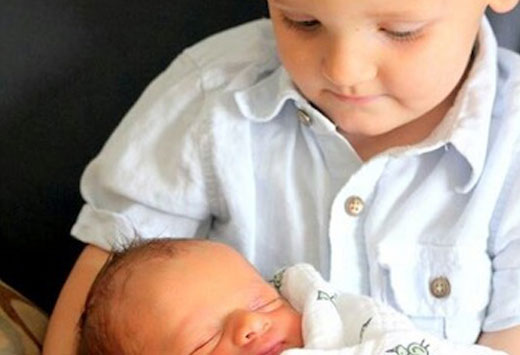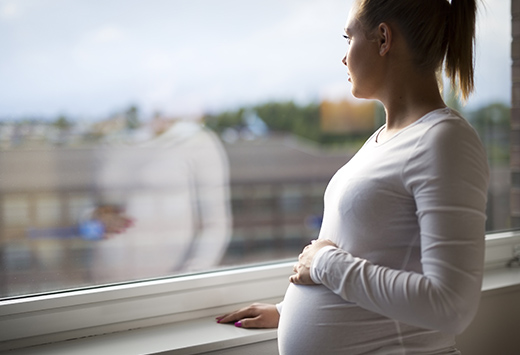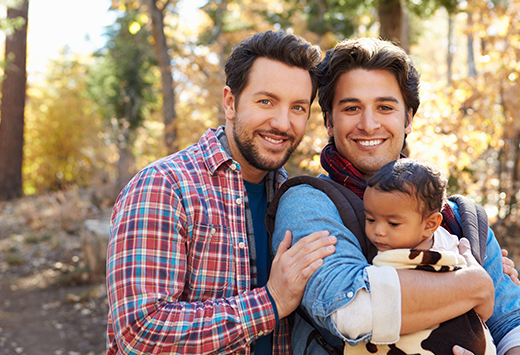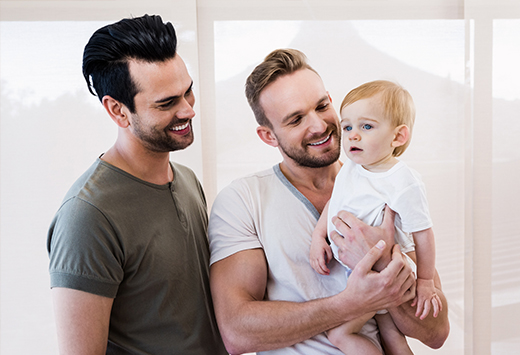Most adoptive services are geared towards the idea of an adoptive family being just the adoptive parents and their one adoptive child. However, many adoptive families consist of other children, and it is important to consider the siblings to understand the adoptive family more accurately.
Adoption’s Effects on Biological Siblings
Some of the ways biological siblings might be affected by adoption include:
-
Feelings of Invisibility: It can be easy for parents to focus most of their attention on helping the adopted child adjust to the transition of adoption. These actions risk making biological children feel invisible, ignored, or rejected. If not acknowledged, the feelings can persist and grow to the point where the child may begin to have feelings of not being good enough or valuable enough to be seen, heard, and loved.
-
Internalized Emotions: If parents don’t check-in to see how biological siblings are doing after bringing in their new adoptive sibling, it may cause the child to think they should not be experiencing any emotional issues and should be able to manage their emotions without the support of their parents.
-
Parentification: This occurs when the biological child takes on the role of a parent. It can look like the child acting as emotional support for their parents, or it can look like the child helping to parent their siblings. Some children love this role, but others resent it because they feel they have no choice in the matter. Either way, parentification is not a healthy experience for any child and can have long-term implications for their mental health and relationships.
-
Experiencing Secondary Trauma: Biological siblings can experience secondary trauma from being exposed to an adoptive child who has experienced trauma. They may hear stories about what the adoptive child has been through and will witness first-hand how those experiences have affected their adoptive sibling. Biological siblings can experience secondary trauma in different ways. Some may become more empathetic and compassionate, but others may internalize the trauma as their own and begin to exhibit similar emotional and behavioral problems as their adoptive sibling.
Minimizing the Effects of Adoption on Biological Siblings
Parenting is difficult and if you choose to adopt a child into your family, you need to recognize all of the ways that it may affect your family, including the biological siblings.
Some of the best ways to foster healthy relationships within your adoptive family include:
-
Explain Adoption Beforehand: Find an age appropriate way to help your child understand adoption before welcoming the adoptive child into your family.
-
Consider Birth Order: In the case of adopting a child older than any of your other children, you should take special care to notice how this might affect the child displaced from their role as eldest.
-
More Open Communication: Create an environment where all members of the family talk freely and openly about their thoughts and feelings. It is especially important that parents model being open because children often learn through their parent’s actions.
-
Ask Your Child Questions: This does not always have to be focused on feelings. Showing interest in your child’s life makes them feel seen and loved by making it clear you want to engage with them and connect.
-
Seeking More Comprehensive Post-Adoption Support: Often families receive more training as a family pre-adoption and then post-adoption support is focused more on the adoptive child and adoptive parents. Try to obtain more post-adoption support for the whole family. Additionally, If your adoptive child is receiving trauma-related services, try to also get services that address the whole family.




